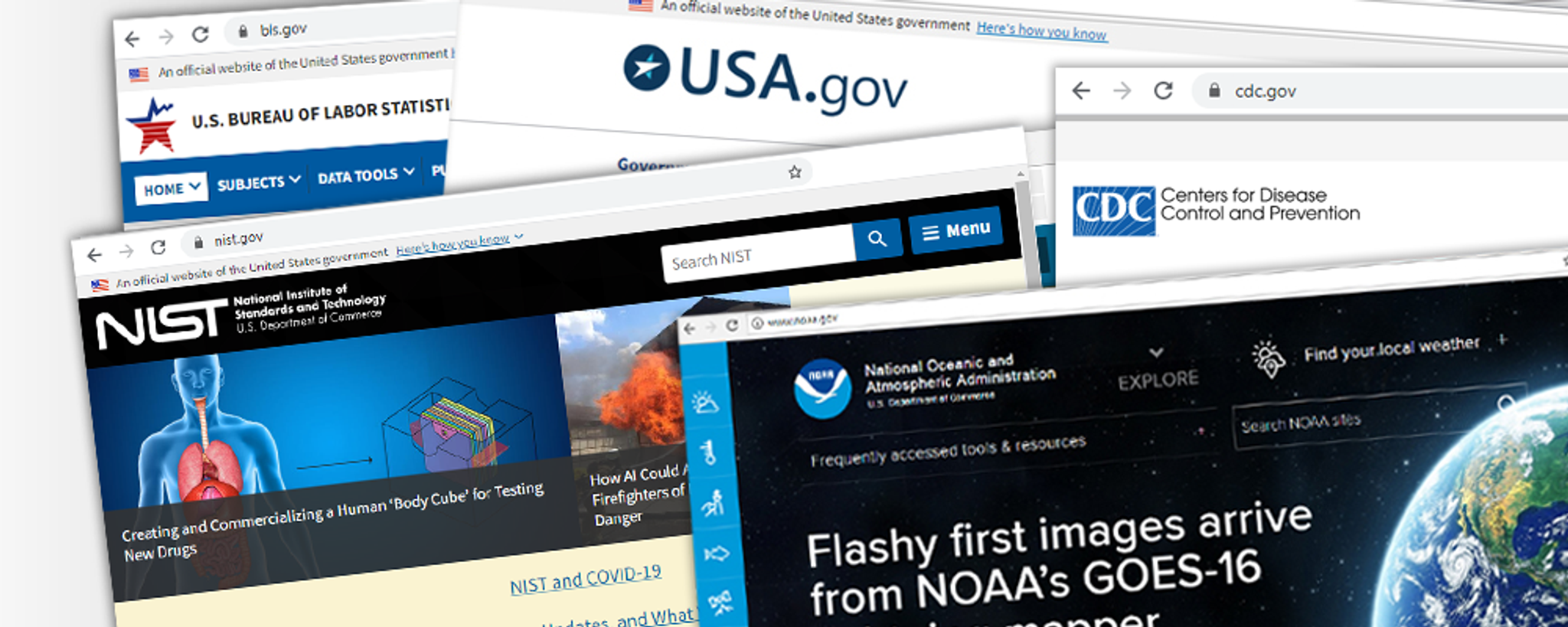Accessibility
Navigate forward to interact with the calendar and select a date. Press the question mark key to get the keyboard shortcuts for changing dates.
Navigate backward to interact with the calendar and select a date. Press the question mark key to get the keyboard shortcuts for changing dates.
As every sector of the global economy and nearly every facet of modern society undergo digital transformation, ITIF advocates for policies that spur not just the development of IT innovations, but more importantly their adoption and use throughout the economy. On accessibility issues, ITIF's work focuses on how to improve people’s access to technology—and how technology can improve access to jobs, education, and the public square, particularly for those with disabilities.

Vice President and Director, Center for Data Innovation
Information Technology and Innovation Foundation
Read BioMore Publications and Events
October 7, 2024|Podcasts
Podcast: Leveraging Data to Improve Communities, With Rochelle Haynes
Data-informed and evidence-based decision making can drive optimum outcomes in local governments.
September 23, 2024|Reports & Briefings
The Path to Digital Identity in the United States
Digital IDs are a more convenient, secure, and versatile option than physical IDs, but few Americans currently have one. With the right investments and collaboration between federal and state governments, Americans could realize the full potential of digital IDs.
August 29, 2024|Events
Emerging Tech and the Future of Accessibility
Watch now for an expert panel discussion exploring the positive potential of technological innovation to transform society for the better by increasing accessibility for all.
October 30, 2023|Reports & Briefings
Delay Government: How Technology Can Fix Slow Federal Service Delivery
The U.S. government offers slow, outdated services. Congress and federal agencies should invest in digital technology and modernize their approach to service delivery to transform the current delay government into a modern, fast, digital-first government.
September 29, 2023|Testimonies & Filings
Letter to the Senate Committee On Aging Regarding Ensuring Accessible Government Technology
The federal government is currently failing to ensure its technology is accessible for people with disabilities, older adults, and veterans.
July 26, 2023|Blogs
Proposed California Law on Website Accessibility Is Well-Intentioned but Misguided
Improving web accessibility for people with disabilities is an important endeavor, and standards like WCAG 2.1 demonstrate how it can be done. But rather than threatening businesses with liability for non-conformance with what was intended to be a voluntary standard, lawmakers should focus on other efforts to improve accessibility online.
February 10, 2022|Blogs
Why Did Covidtests.gov Work When So Many Government Sites Fail?
Using lessons learned from previous “.gov” rollouts and making thoughtful considerations on technical design and customer experience, covidtests.gov demonstrates encouraging progress for federal e-government efforts.
July 15, 2021|Events
Removing Barriers to Accessibility on Federal Government Websites
ITIF hosted an expert panel discussion on federal government web accessibility and policy proposals for agencies to improve their compliance.
June 1, 2021|Publications
AR/VR for Equity and Inclusion: How to Unlock the Potential of Augmented and Virtual Reality to Reduce Barriers and Expand Opportunity
After discussing the opportunities and challenges that AR/VR technologies present for equity and inclusion, the series summarizes key considerations for policymakers and industry leaders and presents recommendations to establish policies and best practices.
June 1, 2021|Reports & Briefings
Current and Potential Uses of AR/VR for Equity and Inclusion
AR/VR can make important contributions to equity and inclusion if it is designed with these goals in mind. It can serve as a tool to help tackle implicit biases, improve access to opportunities, and create new channels for communication, community, and collaboration across distances.



